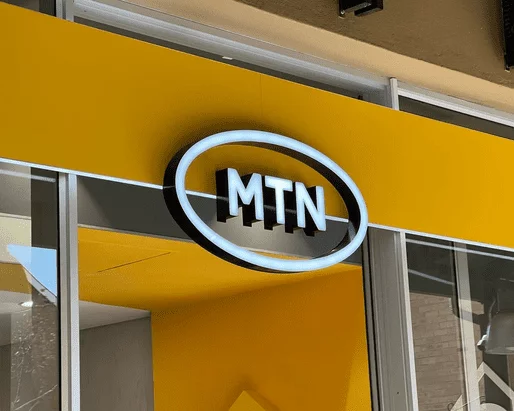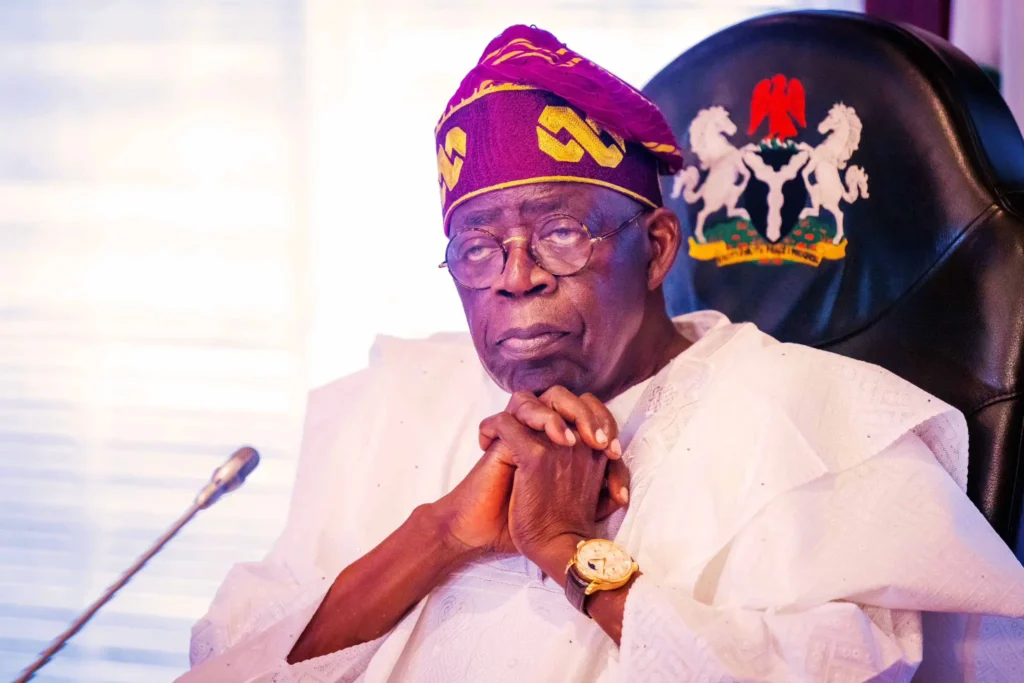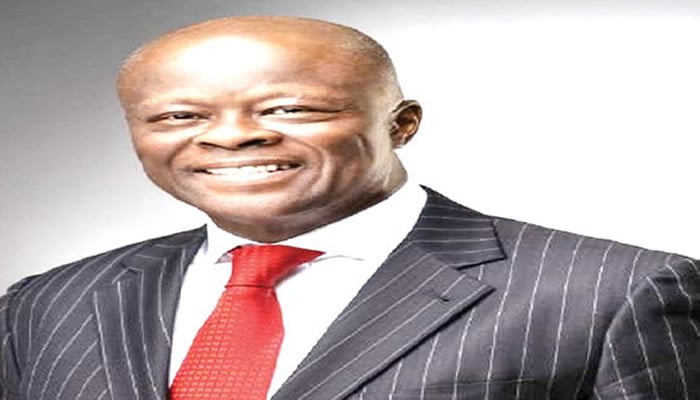MTN Nigeria, the country’s largest telecommunications provider, spent N11.1 billion over two years repairing and relocating 2,502 kilometers of fiber-optic cables, according to a new GSMA report. The report suggests that these funds, if allocated to expansion instead of maintenance, could have enabled the company to deploy an additional 870 kilometers of new fiber. Specifically, MTN spent N4.4 billion in 2022 repairing 1,069 kilometers of cable and N6.7 billion in 2023 fixing 1,433 kilometers. The report attributes these damages primarily to construction activities, road projects, and vandalism.
These ongoing fiber cuts significantly impede network expansion, diverting resources from extending coverage to underserved areas. The GSMA report highlights the substantial costs associated with these repairs, noting that MTN had to relocate significant lengths of fiber cable in both 2022 and 2023. GSMA’s Head of Sub-Saharan Africa, Angela Wamola, explained that vandalism and other forms of damage cause considerable losses to the industry, impacting service availability and prompting consumer complaints. She emphasized that the report models the impact of such damage on connectivity development in Nigeria. Fiber-optic cables are essential for connectivity, bringing network capacity closer to users. As of 2023, Nigeria had deployed 78,676 kilometers of fiber, largely concentrated in urban centers.
To combat this problem, telecommunication companies have adopted various strategies, including incorporating additional protection into cable infrastructure and increasing maintenance budgets during the design and planning phases. These measures, while necessary, have significantly increased the overall cost of telecommunications infrastructure. The Nigerian government has taken steps to address this issue, releasing an official gazette designating telecom infrastructure as critical national information infrastructure, making willful damage an offense. However, this legislation is still under consideration. Industry stakeholders warn that without timely policy interventions, the increasing costs of maintaining fiber networks could hinder Nigeria’s broadband expansion, negatively impacting businesses and consumers dependent on reliable connectivity.




